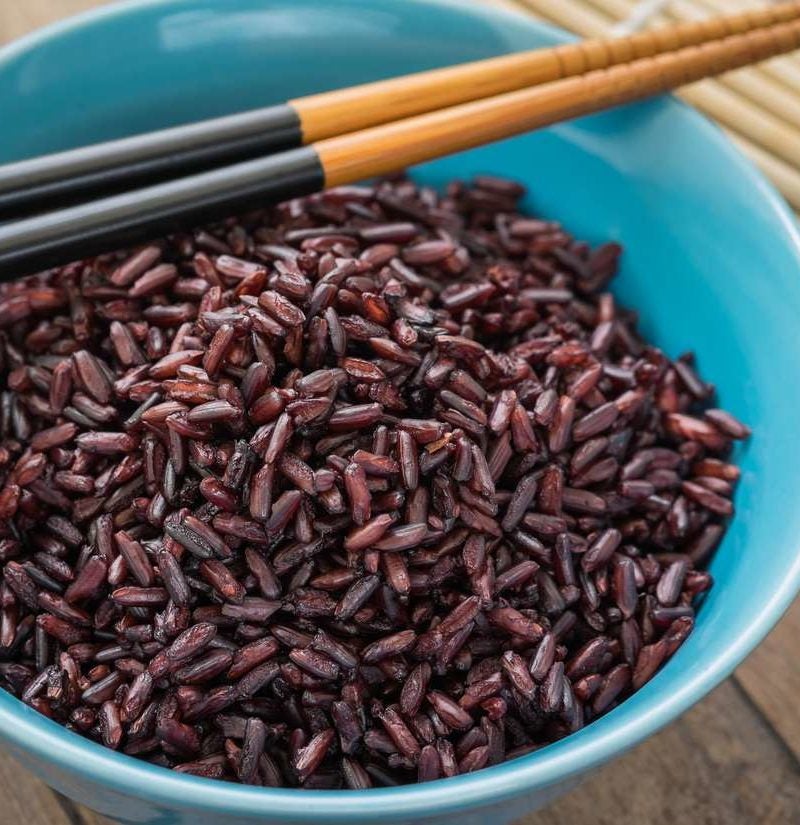

One study has proven that onion extract can help lower blood sugar levels ( 10). They achieve this by enhancing fibrinolytic (a process that results in the removal of small blood clots) activity ( 9). Another study on rabbits showed that onions could prevent atherosclerosis i X The build-up of plaque in the artery walls that blocks blood flow, which can be caused due to diabetes or high blood pressure. They also can prevent high blood pressure, thereby averting heart danger. Onions also prevent the blood platelets from sticking each other, which can lead to clotting and eventually, heart attacks. As per a report by the Cambridge University Press, the flavonoids in onions help lower the levels of LDL (the bad cholesterol) in obese people ( 8). Onions can also improve cholesterol levels, and this ultimately benefits the heart. Onions are also a part of the French Paradox – they are an important part of French cuisine and are thought to be responsible for the low incidences of heart disease among the French despite their high-calorie diet. It offers both antioxidant and anti-inflammatory properties that promote heart health ( 7). The quercetin in onions also has the potential to fight heart disease.

Onions contain thiosulfinates that act as natural blood thinners and reduce the risk of heart attack and stroke. According to one Argentine study, intake of the organosulfur compounds found in onions can cut the risk of cardiovascular disease ( 6). Onions are also rich in organosulfurs, which can help prevent heart disease. The flavonoids in red onions can contribute to heart health ( 5). As a preventative measure, you can have your burgers garnished with red onions. It was also found that people with the highest consumption of onions had the lowest cancer rates ( 4). They make the environment unfavorable for cancer cells to communicate, and this inhibits their growth. Onions activate the pathways that provoke the cancer cells to kill themselves. These onions have high levels of quercetin and anthocyanin – two compounds that contribute to the red onion benefits.

Fight CancerĪs per a study conducted by the University of Guelph, red onions are the most effective in destroying breast and colon cancer cells ( 3). What Are The Health Benefits Of Onions?Īllium and allyl disulphide, two phytochemical compounds in onions have been found to lower the risk of several types of cancer, assist in regulating blood sugar, reduce inflammation and heal infections. Here’s a quick look at the incredible onion benefits for health: 1. So, what are onions good for? Let us head to the real deal. They are excellent sources of sulfuric compounds, flavonoids, phytochemicals, and polyphenols. Onions are also rich in vitamins A, B6, B-complex, and C, as well as iron, folate, and potassium. One small onion contains about 28 calories and 7 grams of carbs. Here is a detailed information about onion nutrition facts: Principle Onions are rich in sulfur, fibers, potassium, calcium, vitamin B, vitamin C and they are low in fat, cholesterol and sodium. The onion plant has bluish-green leaves, and the bulb at the base begins to swell after a certain period.Īll of what we spoke about, all of these onion health benefits, are because of the nutrients present in them. Other related vegetables include garlic, leeks, chives, shallots, and Chinese onions. They are also known as Pyaz or Kanda or Dungri (Hindi), Nirulli/ Ullipayalu/ Yerra Gaddalu (Telugu), Vaengayam (Tamil), Savala (Malayalam), Ulligadde/ Erulli/ Neeruli (Kannada), Pyajj/ Piyaz (Bengali), Dungri/ Kanda (Gujarati), and Kandaa (Marathi). Infographic: 8 Amazing Benefits Of Onion For Your HealthĪlso known as bulb onions or common onions, they are vegetables and the most widely cultivated species of the genus Allium.
HEALTH BENEFITS OF PURPLE ONIONS HOW TO


 0 kommentar(er)
0 kommentar(er)
